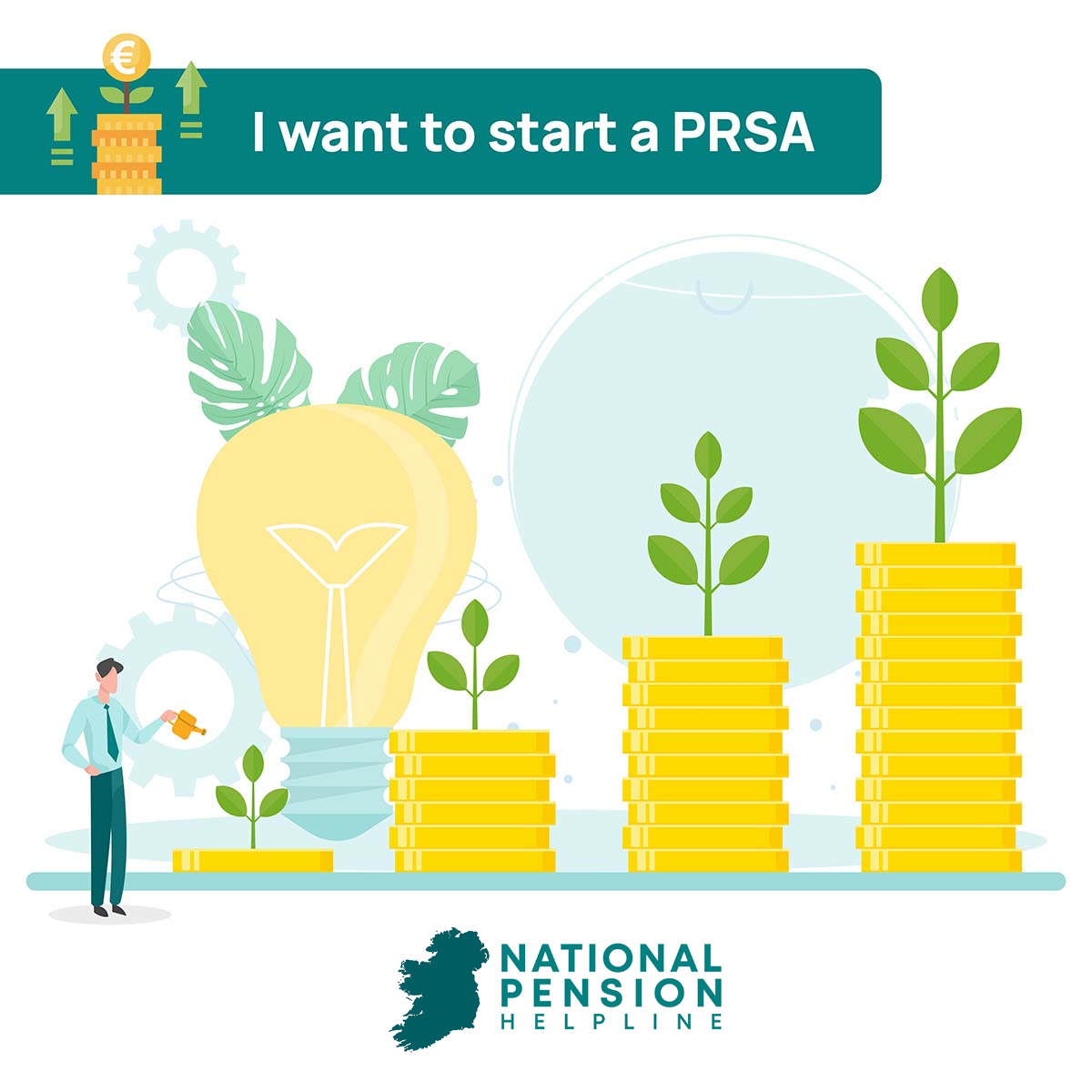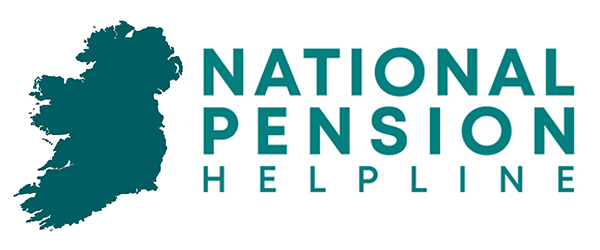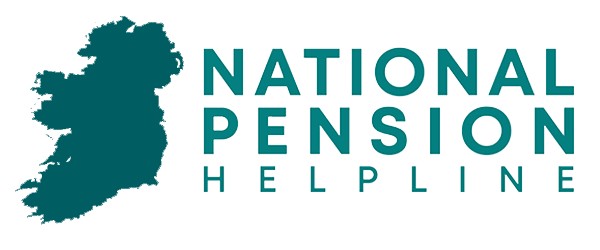Table of Contents
What is a PRSA?
The term “PRSA” stands for Personal Retirement Savings Account. It is an alternative pension scheme that is typically used by people who do not have access to a company pension.
For example, this could include self-employed people, parents working in the home or people working for a company that does not provide a company pension scheme.
Since 2003 the law has changed to compel employers to provide access to a PRSA if they do not operate a private pension scheme that the employee is enrolled in.
Additionally, if you are a new employee and will not have access to the company pension until your probation period is complete then you are entitled to be provided with a PRSA in the interim.
A PRSA is a popular choice among those who need it because it is a very flexible financial vehicle. You have complete control over the amounts you want to invest and the frequency of that investment. You can stop and start you payments as required through your career and invest large top up sums when you choose to do so.
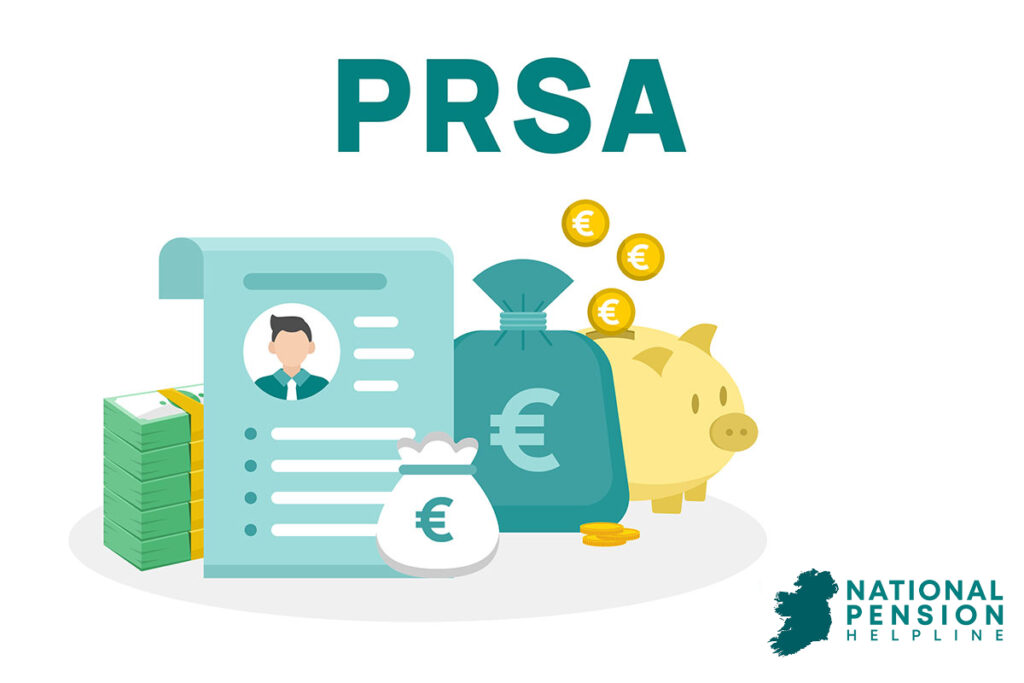
Are there different types of PRSA?
There are two types of PRSA – Standard and Non-Standard. The main difference between these are that the charges are capped on a standard PRSA and the types of investments you can enter into are wider on a non-standard PRSA.
What is a standard PRSA?
A standard PRSA is a financial vehicle that operates as your pension fund and is based on a personal contract between you and your pension provider. A pension provider can be an insurance company, an investment provider or other type of credit provider.
A Standard PRSA is a flexible and transparent way to build a pension pot. It has certain rules that you must abide by but they are very clear. The most attractive aspect of a standard PRSA for many people is the fixed charge to you. The financial institution that sells and operates the PRSA can charge a maximum of 5% per year on the contribution paid into it and 1% per year on the value of the fund. This fixed charge element allows Standard PRSA holders to have a clear understanding of costs to operate the account.
A restriction that is applied to Standard PRSAs is that you are confined to investing in what are known as pooled or managed funds. These are lower risk but also have lower returns than if you were to operate with a non-Standard PRSA.
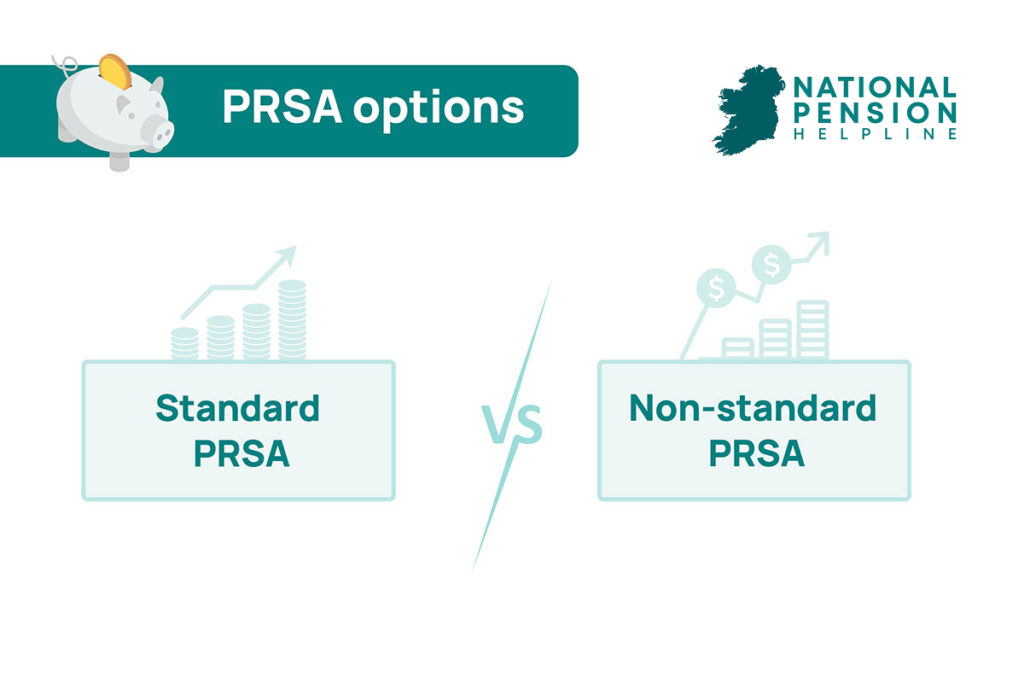
What is a non-standard PRSA?
A non-Standard PRSA does not have fixed charges and calculates these based on the investment types you choose to use and you are free to invest in funds which are not pooled or managed. This essentially includes investment funds with higher risk but also higher opportunity for return. Naturally, the chance of higher returns also brings with it the chance of much lower returns so if you are interested in taking out a non-Standard PRSA make sure and seek expert opinion for a trained pension advisor.
What are funds?
Funds are what your payments into your PRSA are invested in. The outcome of this investment determines your future pension value. The risk level of funds is considered to range from low to high-risk and there are also funds which are considered very high risk. The level of risk you choose is usually determined by your personal attitude to risk. The high risk funds, if successfully invested, will return much higher value than the low risk funds. You will be asked to consider the level of risk that you are happy with so that you can have a certain confidence in the outcome.
There are generally five types of funds that are used by pension providers:
Equities
These are stocks and markets and are considered to be high risk but also come with the opportunity of high yield (or losses).
Commercial Property
This is generally a medium risk but since it is commercial and not residential the effect of global events can affect the value of the fund making it tend towards high risk also.
Commodities like gold, oil and gas
These are high value and medium risk as they tend not to lose value quickly.
Bonds
These are created by the Government or corporations and considered low risk.
Cash and deposits – these are low risk investment types.
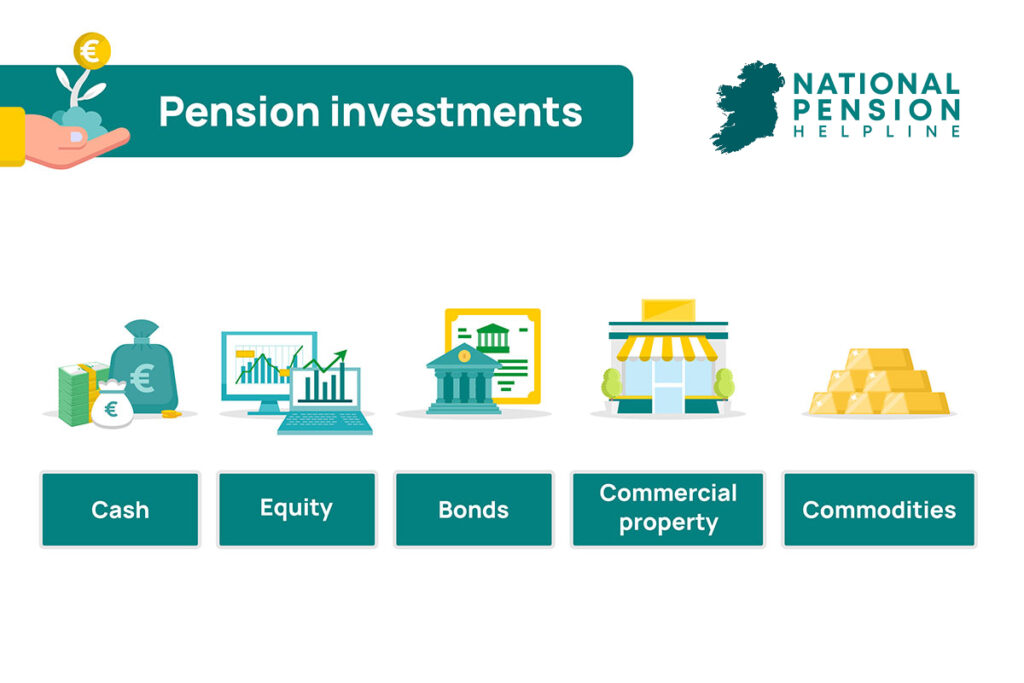
Why start a PRSA?
The main reason to use a PRSA is as an alternative to other pension provision. Usually, a company provides a pension package as part of the job offer but not all do. This is especially common with smaller companies or new startups.
Sometimes people choose to take on a PRSA in addition to their company pension provision. This is legally acceptable but you do need to consider whether you need it or whether it might be more beneficial to make voluntary contributions to your company pension.
Not all company pensions allow voluntary contributions so this would be one scenario when it might make sense to have a PRSA as well as a company pension.
If you are on a Defined Benefit Scheme you will be guaranteed a specific payment when you reach retirement age. Many people on defined benefit schemes do not feel they need additional insurance as their future income is assured and based on their current income. However if you feel that it might not meet your living costs in the future then do consider whether a PRSA might help you close the gap between future costs and income.
If you are on a Defined Contribution pension scheme you may also not need a PRSA as you are already taking the investment risk with your existing plan. Take advice from an expert pension advisor before transferring to a PRSA as this may affect the matching payments made by your employer.
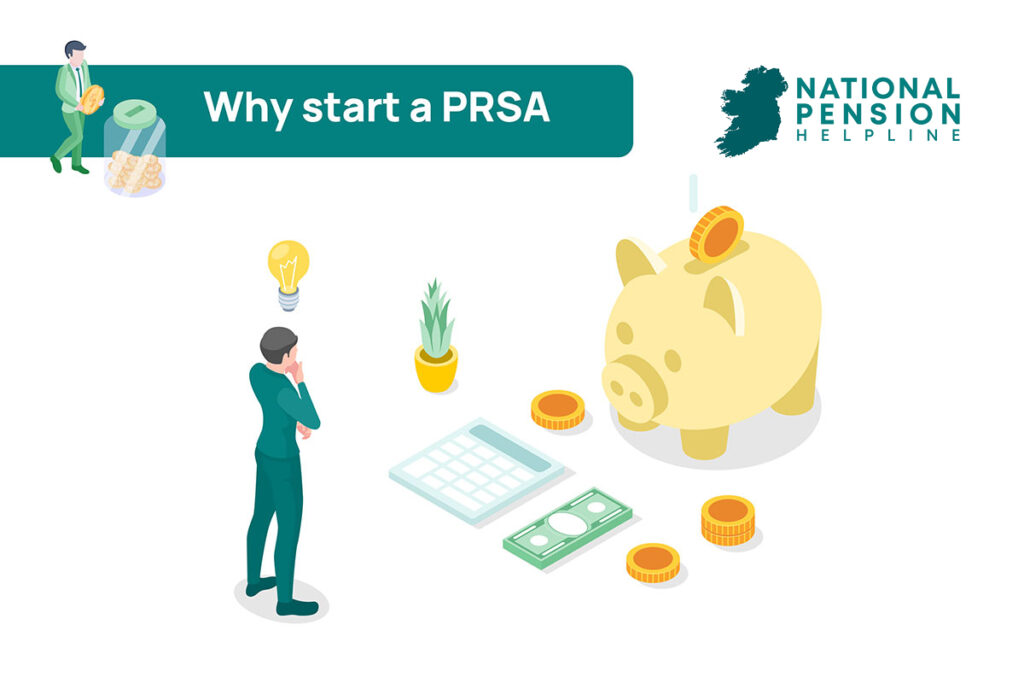
How to start a PRSA
PRSAs are considered to be on-the-shelf pension products that you can buy directly from a financial institution such as an insurance company or an investment provider. They are very suitable for self-employed people for this reason. Before contacting a specific provider it is useful to discuss your specific situation with an expert pension advisor who can give independent advice on what your options are.
If you are employed and don’t have a company pension then your company is legally obliged to provide you with access to a PRSA. Contact your HR department for advice on what their PRSA provision is and the next steps to take.
Start your PRSA today
If you are looking to start your PRSA online make an inquiry below to arrange a call with one of our trusted Financial advisors.

